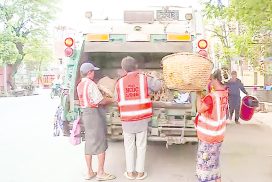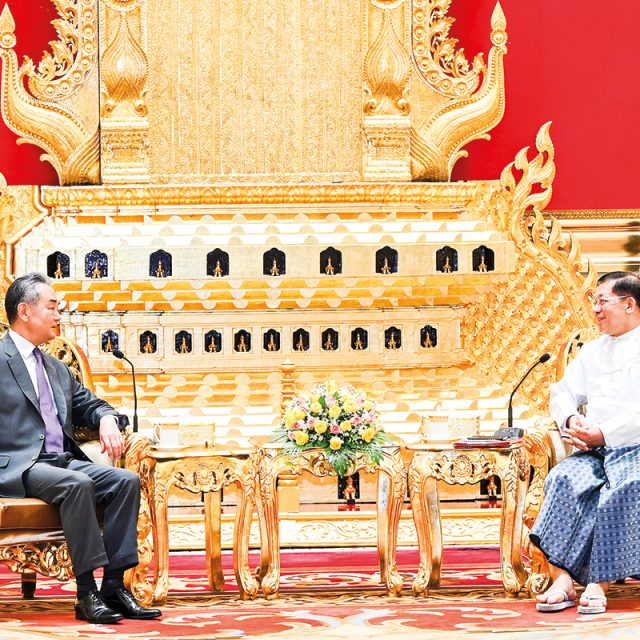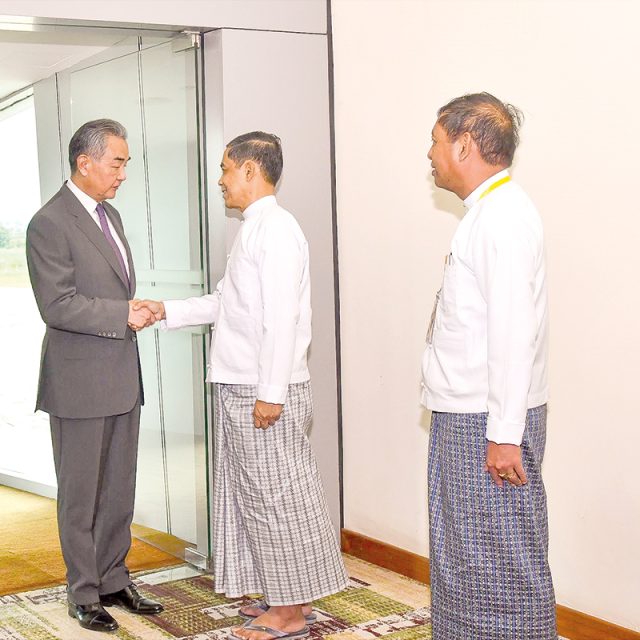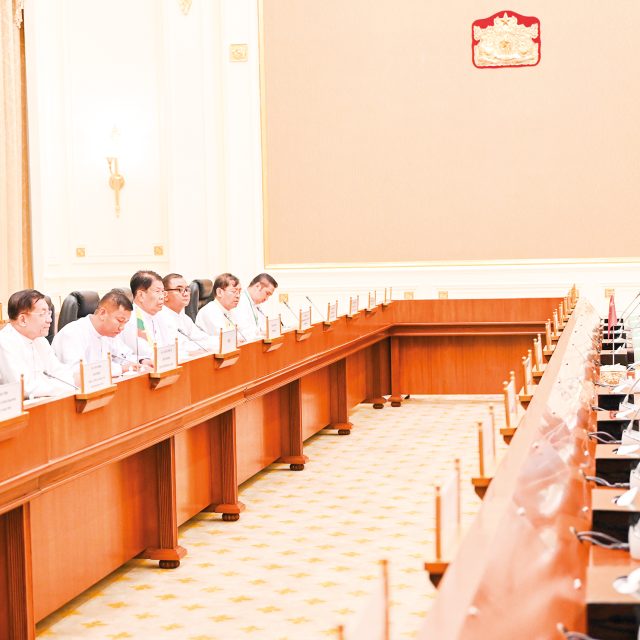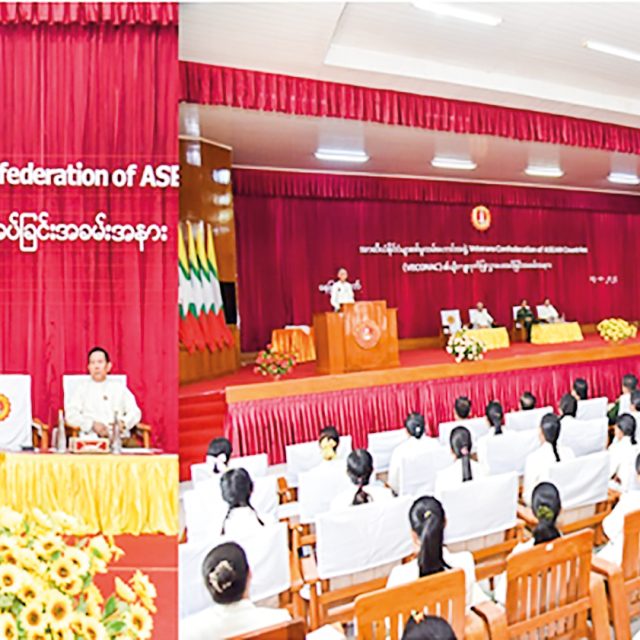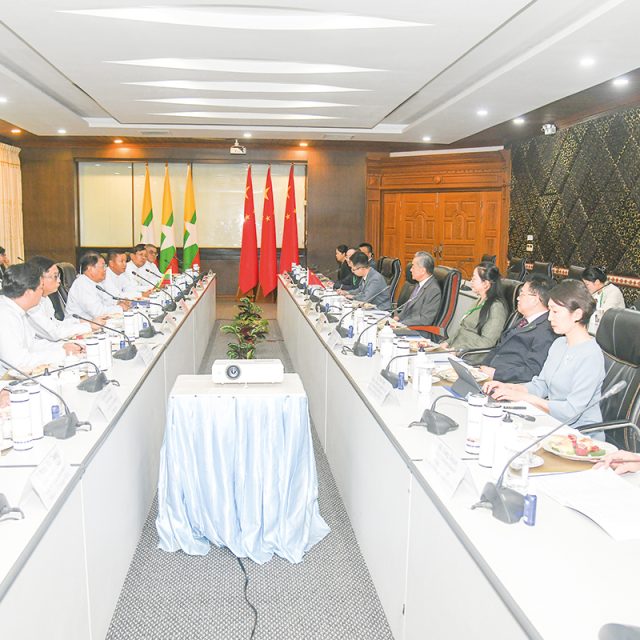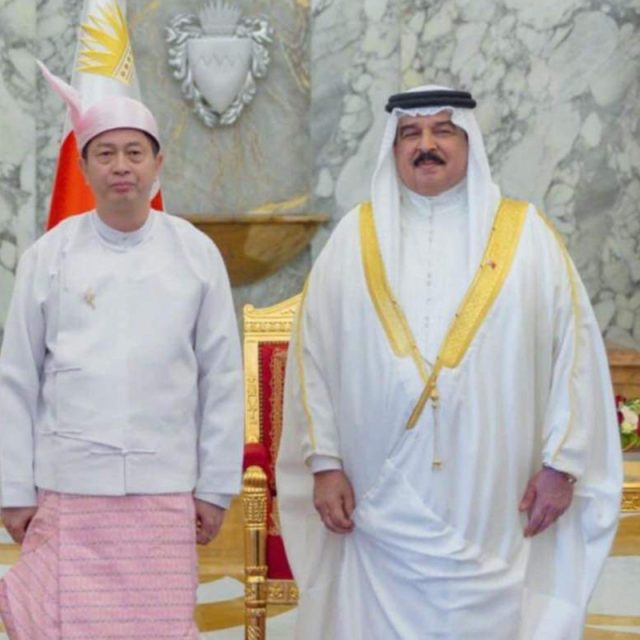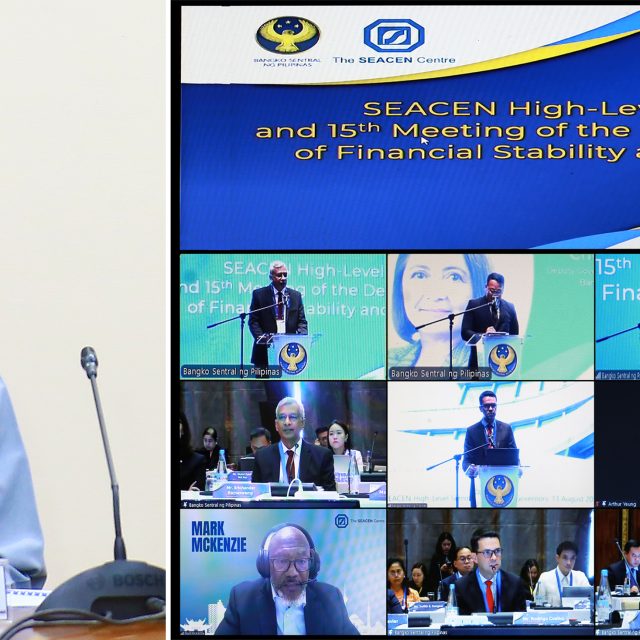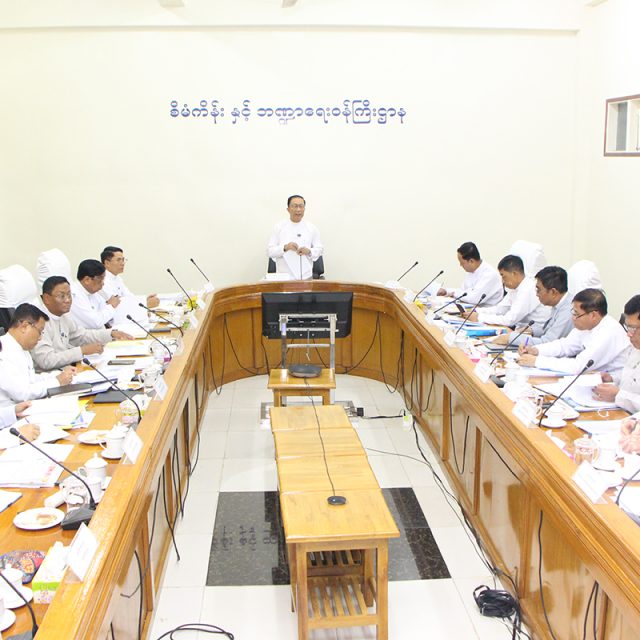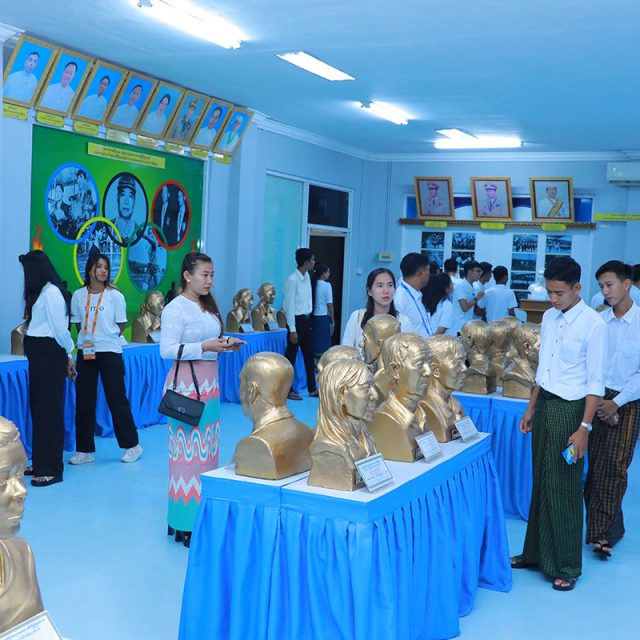Recent international reports highlight innovative recycling efforts, such as the use of waste iron from the Eiffel Tower’s renovation to create medals for the 2024 Paris Olympic Games. Similarly, the 2020 Tokyo Olympics produced 2,500 medals from over 78,000 tonnes of electronic waste, yielding 30.3 kilogrammes of gold, 4,100 kilogrammes of silver, and 2,700 kilogrammes of bronze. These examples underscore the potential of turning waste into valuable products, demonstrating how society can conserve natural resources and reduce pollution by reusing, reducing, and recycling.
Every year, more than two billion tonnes of waste are generated globally, with about 33 per cent of it not being disposed of safely. Improper disposal practices – dumping waste in nearby areas – contribute to environmental degradation and pollution. Soil pollution from waste can lead to declining agricultural productivity while burning waste results in harmful air pollution. These environmental issues are exacerbated by the growing global population and governments’ inadequate waste management.
Pollution from waste is a pressing issue that demands urgent attention. The increasing volume of trash and weak management systems are leading to environmental degradation, which in turn causes serious health problems and even fatalities. Addressing these issues requires a concerted effort from both individuals and governments.
It is no longer sufficient to focus solely on the conservation of forests and trees in the fight against environmental degradation. Governments must also address air and water pollution, restrict the disposal of industrial and electronic waste, and protect wildlife. By promoting reuse and recycling, we can reduce the extraction of natural resources, saving energy, money, and the environment. Additionally, these practices help mitigate air pollution, which is often driven by the burning of fossil fuels like coal, oil, and natural gas.
The reuse, reduce, and recycle model offers a practical solution to the growing waste problem. By adopting these practices on an individual and societal level, we can make significant strides towards environmental conservation. The examples set by the Paris and Tokyo Olympics show that with creativity and commitment, we can transform waste into something valuable, reducing our reliance on natural resources and protecting the planet for future generations.
In fact, recycling and reusing waste items to produce gold, silver and bronze medals for winners in the renowned Olympic Games spotted the value of waste in society. It showed that all waste should not be totally discarded in society, and it is necessary to initiate ways to produce valuable items from waste for the world.
Reuse, reduce, and recycle waste: A path to a sustainable society
- August 15, 2024
- 15



